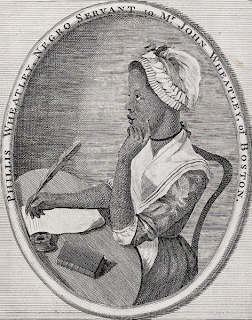wh.gov: Honoring Unsung Heroes During Black History Month, we pause to salute and reflect on the contributions African Americans have made to the rich fabric that makes up the United States. There are many untold stories that reveal the best of Americans who stepped up when duty called, broke color barriers, or quietly made their communities better one person at a time.
In tribute, President Obama recently invited six special senior citizens to visit the White House to honor as unsung heroes. These unsung heroes are individuals who strengthen their communities through extraordinary everyday acts of service done with reliability and commitment, but who seldom receive recognition.
Among those who visited with President Obama were pioneers in the struggle for racial equality, educators who changed their communities through the classroom, and people who believe that a lifetime serving others is a life well spent.
The honorees were:
Theodore Peters, one of the first African Americans to enter the U.S. Marines and train at Montford Point, NC, after the corps desegregation and a community leader in his South Side Chicago neighborhood.
Gladys Reid, a Cleveland, OH, volunteer who feeds the hungry twice a week and volunteers at local hospitals, often caring for patients who are 20 years her junior.
Velma Lois Jones, the first black classroom teacher elected to serve as president of the Tennessee Education Association and a local leader in the areas of civil rights, politics, community service, and education.
Columbus Preston Holmes, a former class valedictorian, World War II veteran, postmaster, sports commissioner, Selective Service board member, community leader, and active member of Bethel African Methodist Episcopal Church in Mound Bayou, MS, since joining the church 84 years ago.
James "Alley Pat" Patrick, a member of the Tuskegee Airmen during World War II, radio and television broadcaster, and Atlanta bail bondsman who came to the aid of many jailed activists during the Civil Rights movement, including Martin Luther King Jr.
Marguirette Levere, a church missionary, volunteer, adviser, and role model to her rural Maryland community -- roles she filled while tending to daughter Barbara, who has cerebral palsy and has been severely disabled since her birth 77 years ago. Remarkably, Marguirette doesn't wear glasses or take any medicines at the age of 106.






















